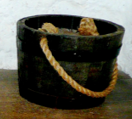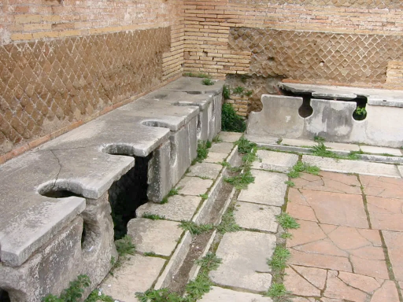Thursday
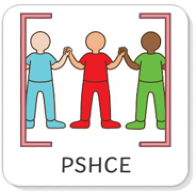
PSHCE
Thursday 26th June 2025
LC: To understand the laws surrounding the use of legal drugs.
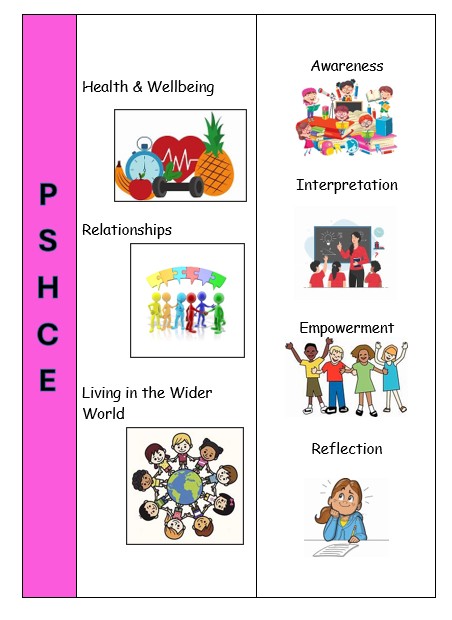 Can you remember some of the legal drugs we have discussed?
Can you remember some of the legal drugs we have discussed?
There are many laws surrounding legal drugs. It's important that we know and understand them.
We take medication to make us feel better, however we need to make sure we are following the law when doing so. Prescription medication means that it must be prescribed (given) by a doctor. How do you know it is prescribed? What might be on the box or bottle?
What sort of information might you find on a box of paracetamol?

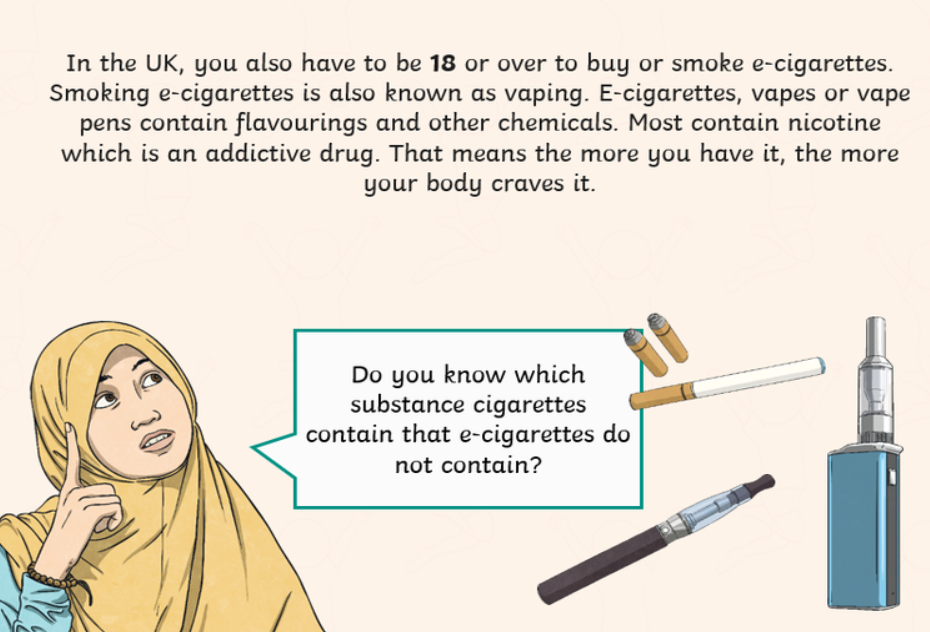
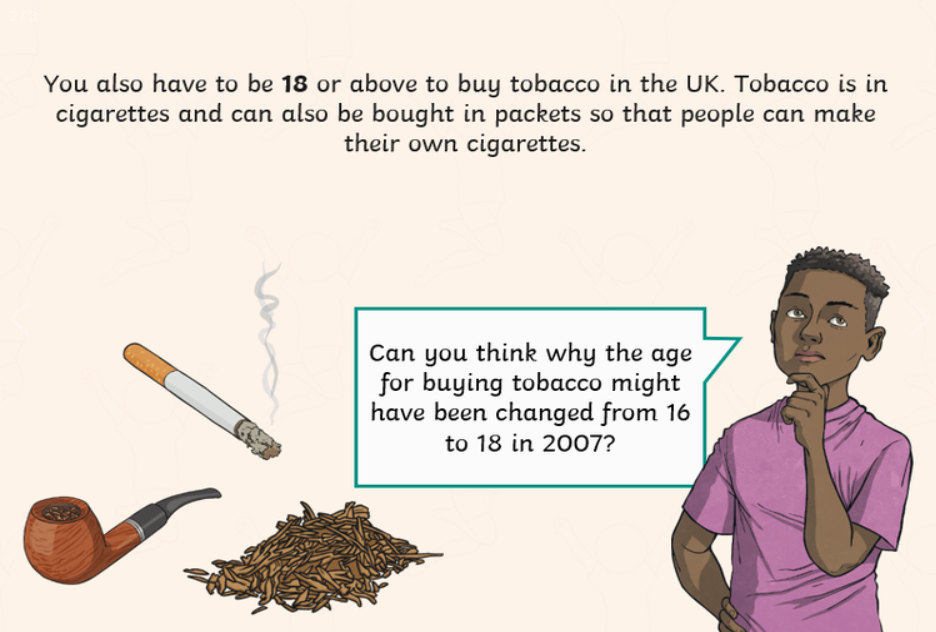
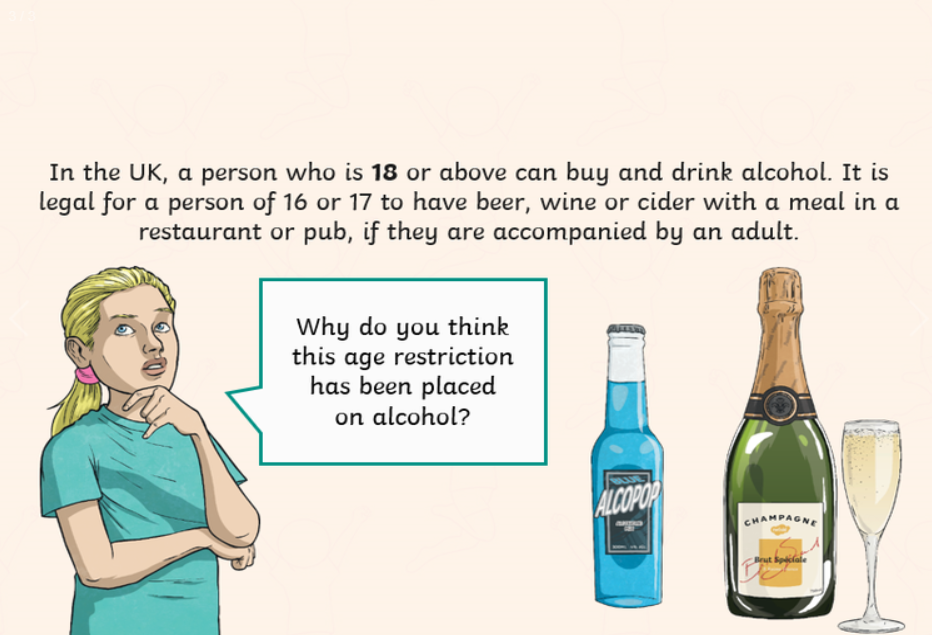
As a class, let's circle the people it is safe to take medicine from!
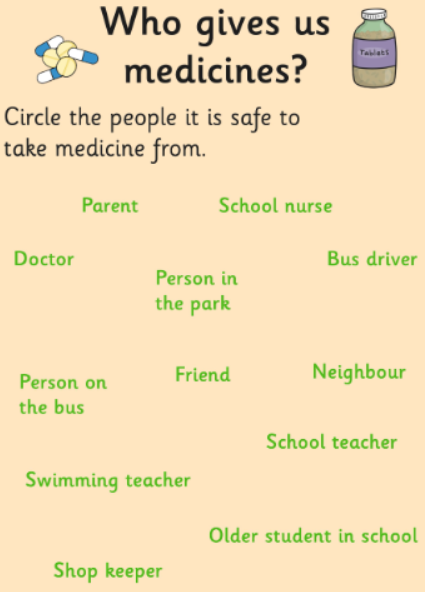
Activity
Cut out the below images and put them under the correct headings.
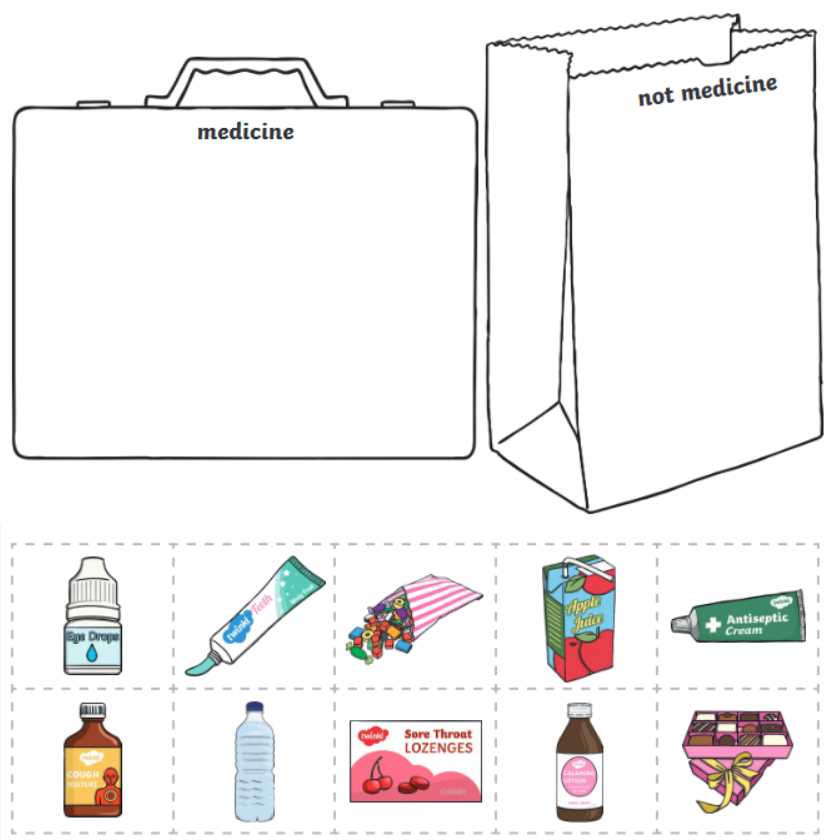
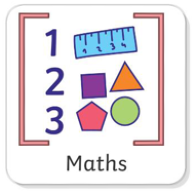
Maths
26.06.25
Review 13. Pages 164 - 166.

History
Thursday 26th June 2025
LC: To use sources to ask questions about the similarities and differences from the 17th century to the present day.
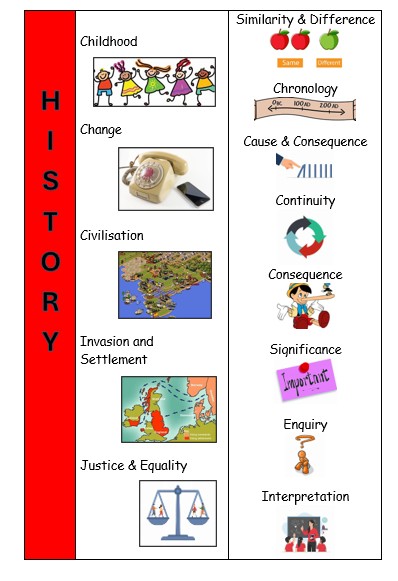 Let's discuss the similarities and differences from the 17th century and the present day.
Let's discuss the similarities and differences from the 17th century and the present day.
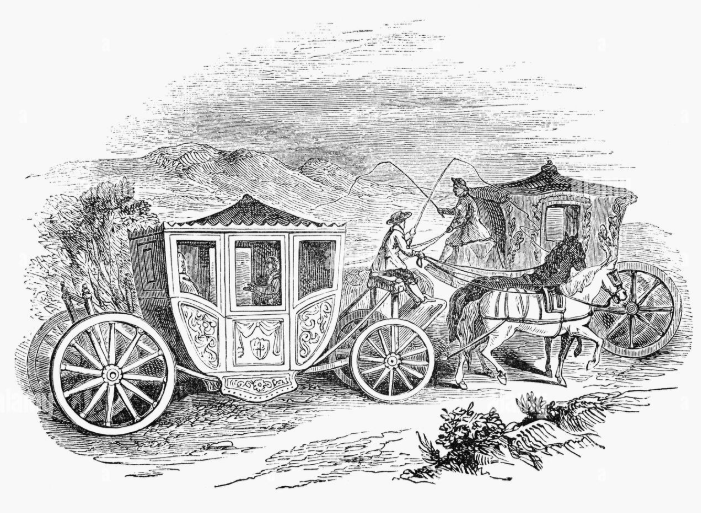 |
 |
In the 17th century people travelled by walking and horseback riding. For longer journeys, stagecoaches and carriages became increasingly popular, especially among the wealthy.
|
|
 |
There were no toilets in the 17th century that flushed people's waste away. They used a 'privy'. If you were rich you'd have a private privy inside your house. If you weren't rich you would either use a bucket or a public privy.
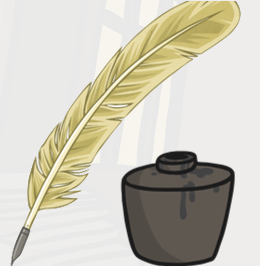 |
 |
They used a feather quill in the 17th century. The feather came from a bird and the end of it was especially sharpened. Later on, people added metal to the tip which made it easier to write with. You would dip the end of the quill in ink and write!
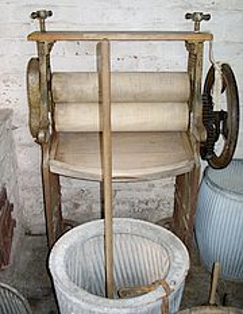 |
 |
This was called a mangle. When clothes were wet, people would put them in between the rollers and turn the wheel. It squeezed the water out of the clothes!
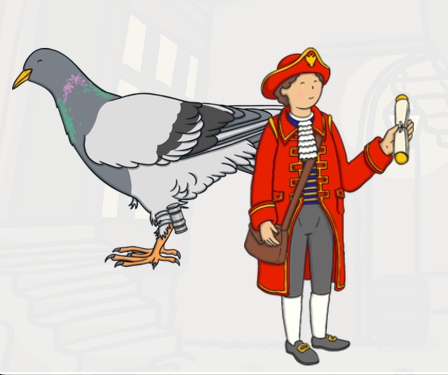 |
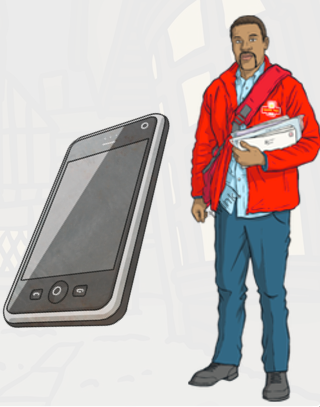 |
This was called a carrier pigeon. It was called that because it carried messages. There were also messengers who did this job.
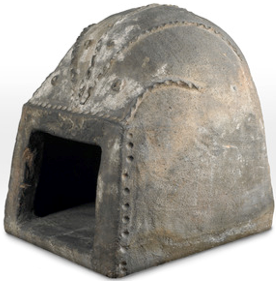 |
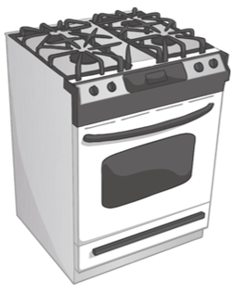 |
This was an oven! They would put coals inside and light a fire.
Activity
Let's ask some questions about how things were in the 17th century!
In your talk partners think of some questions you would like answered about each category, then write them in your books.
For example:
Transport
In the 17th century, people used horses and carts to travel.
Today, we have cars, buses, and trains.
Questions:
-
Would it take a long time to get to places using a horse and cart?
-
Would everyone have a horse?
- Where would they keep the horse?
Houses
17th-century houses were made of wood and had thatched or tiled roofs.
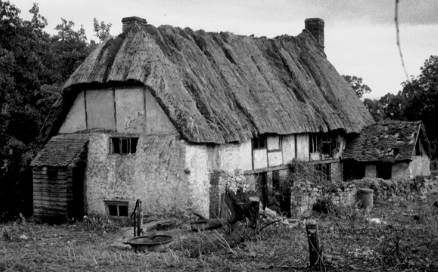
School
Some children went to school, but many poor children worked instead.
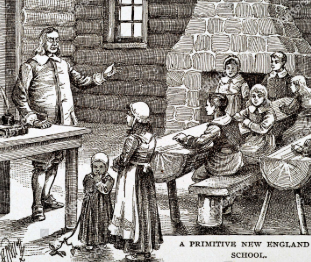
Clothes
People wore wool or linen clothes. Boys wore breeches, and girls wore long dresses and bonnets.
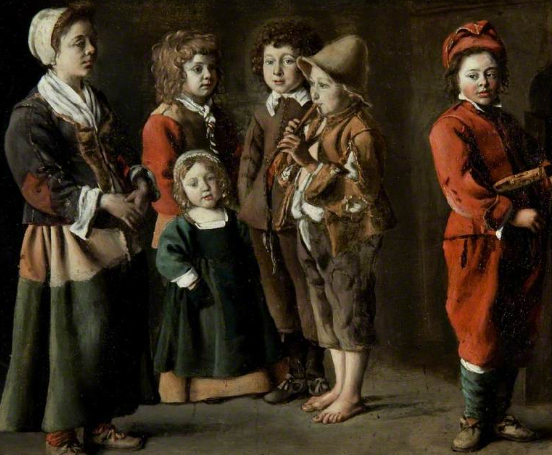
Lighting
There was no electricity. People used candles and oil lamps.
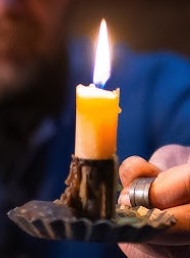
Talk Partners
Together look at the source below. Can you find more information about the 17th century? Make notes on 'Notes' on your iPads.
Local Histories - 17th Century
Let's share your notes with the class and discuss the similarities and the differences from the 17th century to the present day.

Reading
RIC

Ivan tried to go faster but the snow sucked at his boots, making him stumble. He looked back, sobbing. His footprints wound away between the trees and somewhere back there, he knew, the wolves were running in his tracks with their noses down to smell him out.
R - Where are the wolves?
I - What does the word sobbing mean?
C - How can the wolves find Ivan?
Main
LC: To infer characters thoughts from their actions.
Yesterday, we had a look at inferring what characters might be thinking. Remember not to get confused with what you think a character might be feeling.
Feelings are like being sad, happy, excited, scared, anxious or worried. We are not looking at feelings.
We are concentrating on thoughts.
Let's take a look at this short text.
The school day began at 9am for Leanne. She was excited to go on a trip but her mum would always drop her off late to school. On the day of the school trip, the coaches were set to leave the school at 9am. Leanne was getting late.
We can tell that Leanne must be feeling worried, but what do you think she might be thinking?
Leanne must be thinking that...
Your teacher will now play you a clip, you are going to watch it up to 0.31 seconds.
/i/video/Itrat_Ali/Summer_2/Reading/Week_4/Thursday/CGI_3D_Animated_Short__Catch_A_Lot___by_-_Team_Catch_A_Lot.mp4
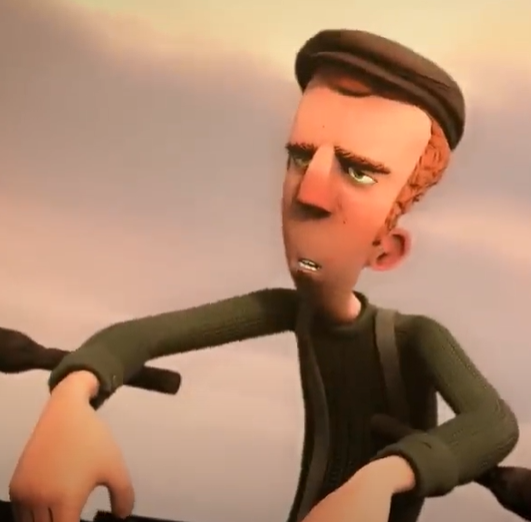
Discuss with your talk partner what you think the man with the cap might be thinking...
Let's create a sentence together!
I think the man with the cap is thinking...
because...
Independent
Your teacher will continue the clip. Watch it up to 0.42 seconds.
In your books write down what you think the man with the spear is thinking.
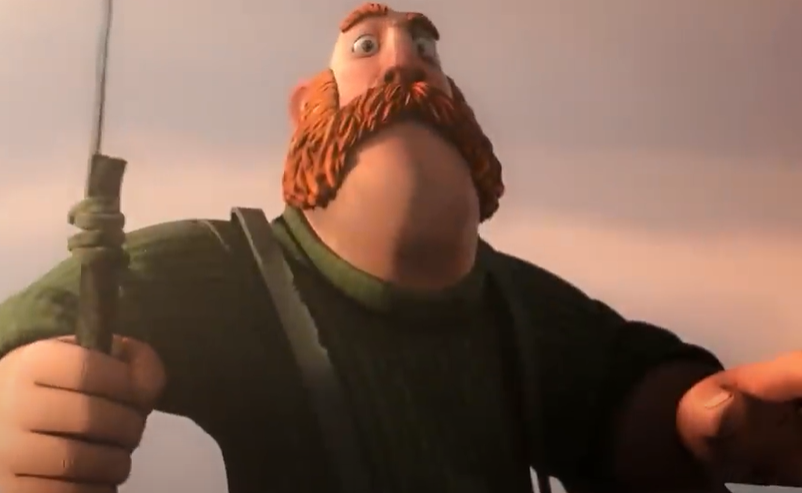
I think the man with the spear is thinking...
because...
Your teacher will play more of the clip up to 1.49 seconds.
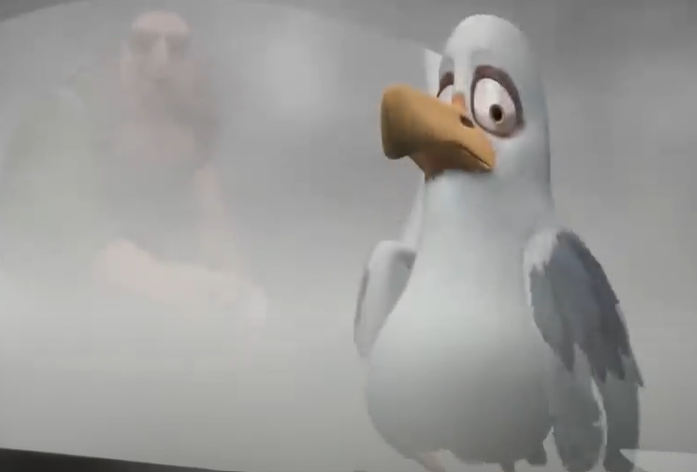
What do you think the bird is thinking?
I think the bird is thinking...
because...
Now enjoy the rest of the clip!

English
Grammar
Thursday 26th June 2025
LC: To select and effectively use subordinating conjunctions
Talking partners
Take turns to orally compose sentences which include subordinating conjunctions from the list below. The sentences can be linked to the Spider and the Fly or be something associated with the classroom.
When , if, because, although, while, since, until, before, after, as.
Don't forget, you can add the subordinating conjunction at the start or in the middle of your sentence.
For example:
Before the spider began to spin his web, he cleared his pantry. (Why have I used a comma at the start of this sentence?)
The spider cleared his pantry before spinning his web.
Here are some sentences that you could add the subordinating conjunctions to:
The fly flew...
....the fly looked up at the winding stair...
The spider ate...
Main
Thursday 26th June 2025
LC: To discuss and record ideas for planning.
Now that we completed the planning for our prologue and added ideas for the description of the house, spider and the daydream. We are now ready to go back to our table and begin the planning for the story.
Look at the yellow highlighted boxes. Today, we will plan what we will write for verses 1-4.
We have already completed the first box.
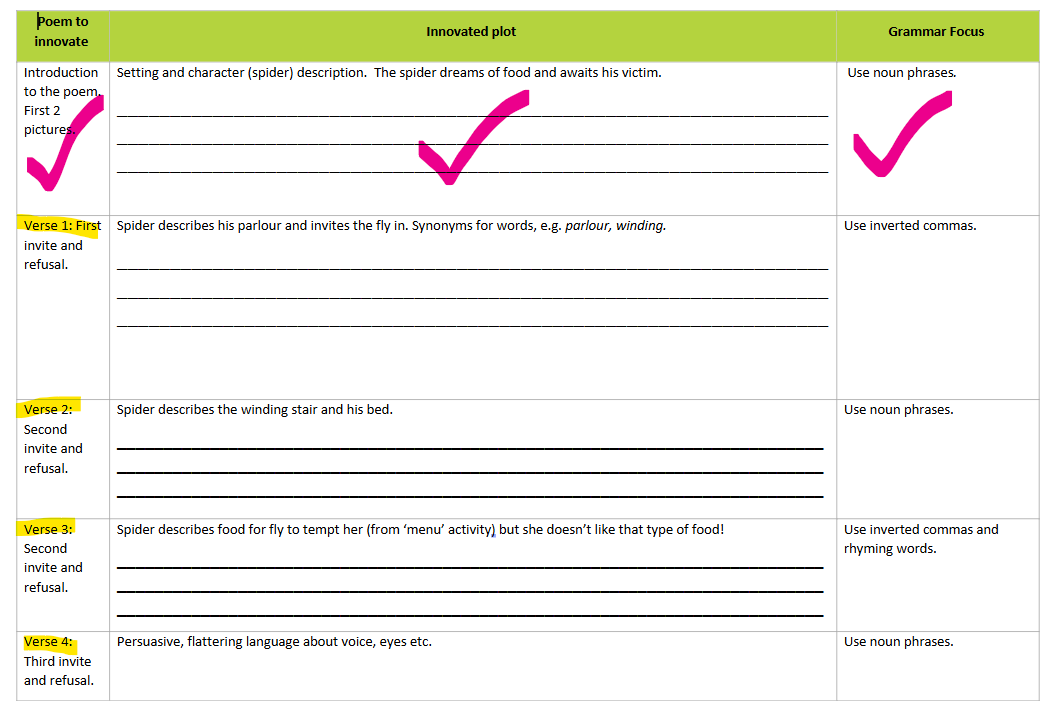
Verse 1:
We are using the poem and changing some words...
"Will you walk into my parlour?" said the spider to the fly;
"'Tis the prettiest little parlour that ever you did spy.
The way into my parlour is up a winding stair,
And I have many curious things to show when you are there."
"O no, no," said the little fly, "To ask me is in vain,
For who goes up your winding stair can ne'er come down again."
For example:
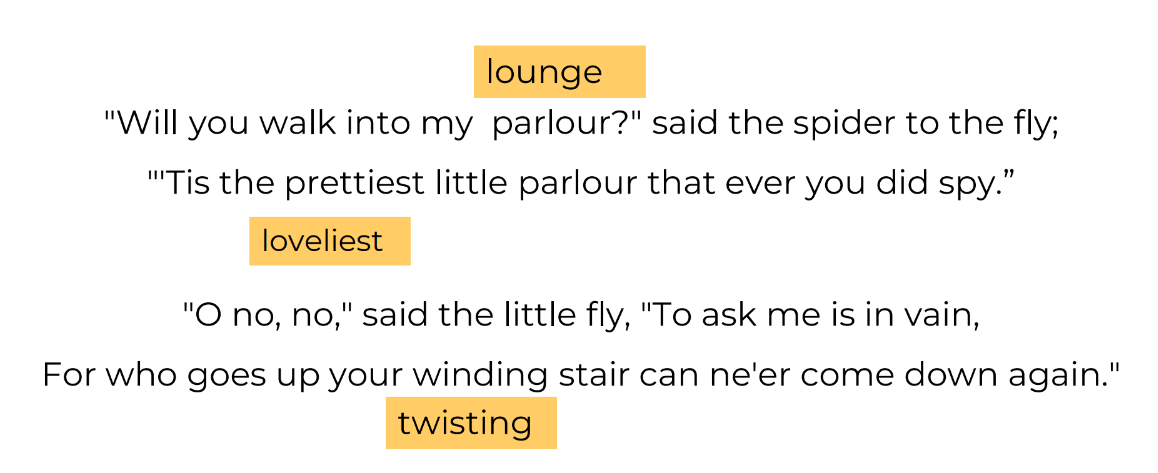
In your plan write down the words that you like to change.
Verse 2:
"I'm sure you must be weary, dear, with soaring up so high;
Will you rest upon my little bed?" said the spider to the fly.
"There are pretty curtains drawn around, the sheets are fine and thin,
And if you like to rest awhile, I'll snugly tuck you in."
"O no, no," said the little fly, "for I've often heard it said,
They NEVER, NEVER WAKE again, who sleep upon YOUR bed."
What words can we change?
Add them to your plan.
Verse 3:
Said the cunning spider to the fly, "Dear friend, what shall I do,
To prove the warm affection I've always felt for you?
I have within my pantry good store of all that's nice;
I'm sure you're very welcome; will you please to take a slice?
"O no, no," said the little fly, "kind sir, that cannot be;
I've heard what's in your pantry, and I do not wish to see."
What words would you like to change here?
Add them to your plan
Verse 4:
"Sweet creature!" said the spider, "you're witty and you're wise,
How handsome are your gauzy wings, how brilliant are your eyes!
I have a little looking-glass upon my parlour shelf,
If you'll step in one moment dear, you shall behold yourself."
I thank you, gentle sir," she said, "for what you're pleased to say,
And bidding you good-morning NOW, I'll call ANOTHER day."
Add the changed words to your plan.




